What's the best water to use to make coffee? The requirement of coffee water is how to make coffee water.
There are many things you can't turn back once you've tried, for example, if you taste hand-made coffee for the first time, if you fall in love with it at first sight, you won't be able to go back to the instant era. How many people can resist the temptation of a cup of coffee with fragrant flowers and sweet fruits?

When you make your own coffee, you will more or less learn the skills of making a good cup of coffee, good coffee beans make good coffee, precise grinding, proportion, water temperature, and shoulder-to-shoulder barista's brewing methods. I believe that these are the veteran coffee makers attach great importance to and very skilled operation. Beans are attached importance to, the parameters are also very strict, the technique is also very robust, but why still did not rush out of the coffee shop-like taste. There is one thing that is mediocre, but can directly affect the taste of coffee, that is water!
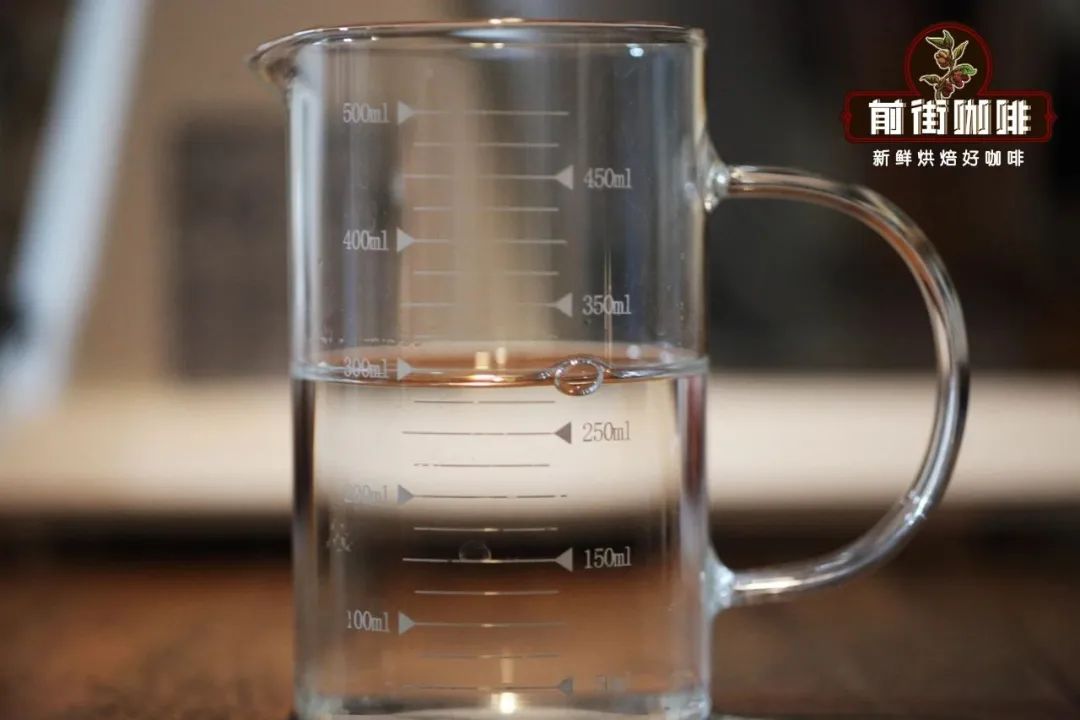
Not only a novice, but also some coffee lovers who have played for a period of time have not paid much attention to the substance water. In the eyes of many people, colorless and tasteless water is not all the same, to meet the drinking standards on it. But when it comes to coffee, the standard becomes more stringent. If you go to a coffee shop and get a good cup of coffee, ask the owner what kind of water he is using. Water seems colorless and tasteless, in fact, nature's water is not nothing, it is easier to detect the sea water, sea water contains a large number of sodium, potassium, calcium, magnesium, strontium ions and so on, so it is very easy to detect that this water is not pure.
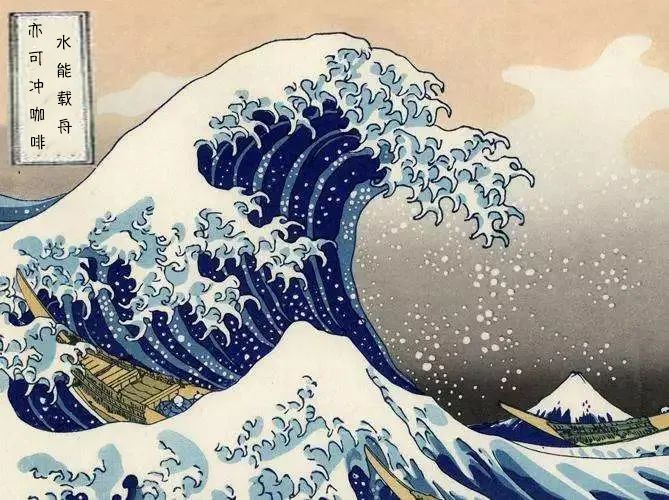
However, the water of rivers, lakes and even groundwater will contain these minerals, only in small amounts, so they are often ignored. In fact, these minerals affect the flavor substances extracted from coffee. We all know that hard water is not suitable for coffee. To put it simply, the water with more impurities is harder, and the water with fewer impurities is softer. The main representatives of this impurity are calcium and magnesium ions. World Health Organization (WHO) 's drinking Water quality Criterion can be simply summed up as follows: those with hardness below 200ppm are called soft water, and those with hardness above 200ppm are called hard water. (ppm is the concentration unit expressed by the ratio of solute mass to total solution mass in parts per million, and water quality is also often expressed as mg/L, which can be regarded as 1ppm=1mg/L.)
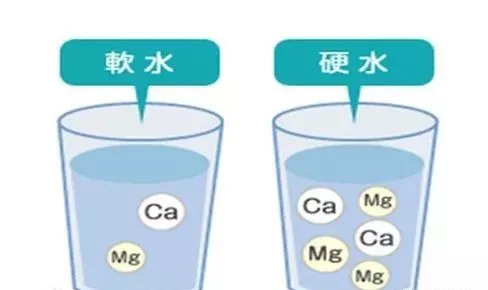
Too much calcium and magnesium ions will hinder the extraction of coffee flavor substances, and the water with more of these minerals has a bad taste, the water with more Mg ions tastes bitter, and the water with more Ca ions tastes a little astringent. In the end, the taste and taste of a cup of coffee is also bad. The soft water we can easily get is tap water. Now the drinking water of most residents is boiled directly from the faucet. Since it is drinking water, it is only natural that it can be conveniently used to make coffee. Take the tap water in the urban area of Guangzhou as an example, its hardness is about 150-180ppm, according to the division, it is proper soft water, but when boiling water with a kettle, there is a thin layer of white powder attached to the walls of the kettle within two pots, and an obvious scale is formed in about 3 days. The aroma of coffee washed out with tap water will be significantly weakened, and the astringency and bitterness will be especially obvious. Therefore, most tap water is not suitable for making coffee directly.
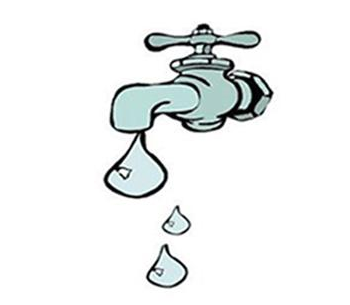
At this time, you can choose to install a filtration system on the basis of tap water. of course, after installing the filtration equipment, it is not once and for all. The first step is to become a water quality inspector to test whether the hardness of the water has decreased. Then, the filter element should be replaced regularly to ensure the water quality.
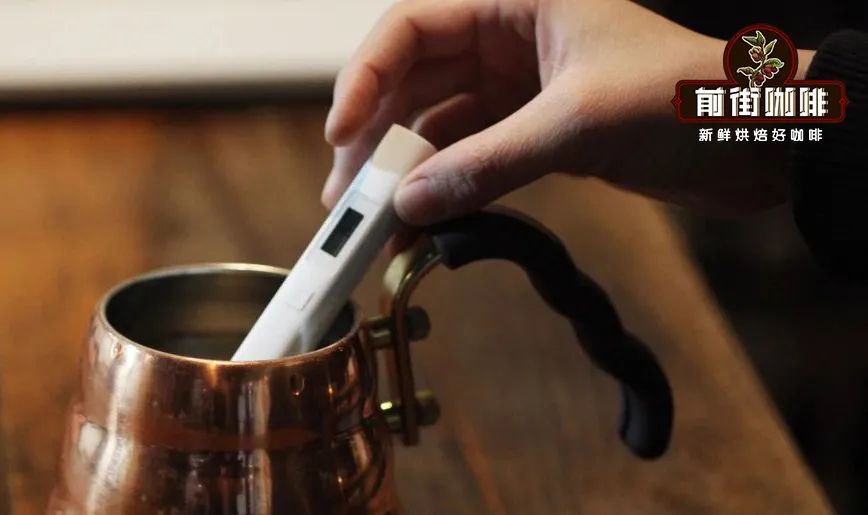
If you are more sophisticated, the veteran who is aware of the importance of water quality will spend a lot of money to buy barreled water to make coffee. But when choosing buckets to fill water, we should pay attention to two points, mineral content and PH value.
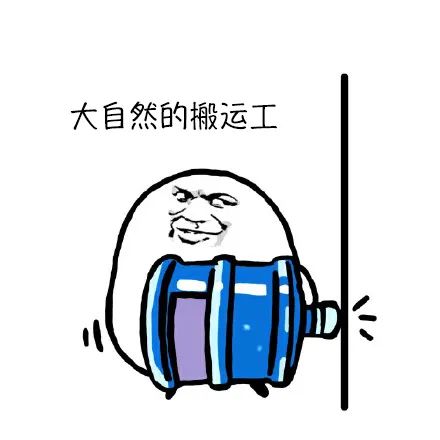
Ph value, that is, pH, the coffee we drink is somewhat acidic. If we use weakly alkaline water to brew coffee, it will neutralize some of the coffee's acidity and reduce its sour taste, thus affecting the overall flavor performance of coffee. Mineral content has been mentioned before, not too much, but not without it at all. Water containing appropriate amounts of calcium and magnesium ions is more conducive to flushing out the sweet flavor of coffee. Qianjie has also done experiments on the comparison of pure water and mountain spring water to make coffee. The samples are 0ppm and 37ppm. After five rounds of comparison, Qianjie concluded that the coffee brewed from Nongfu Spring is better than Ipo in terms of compatibility and flavor.
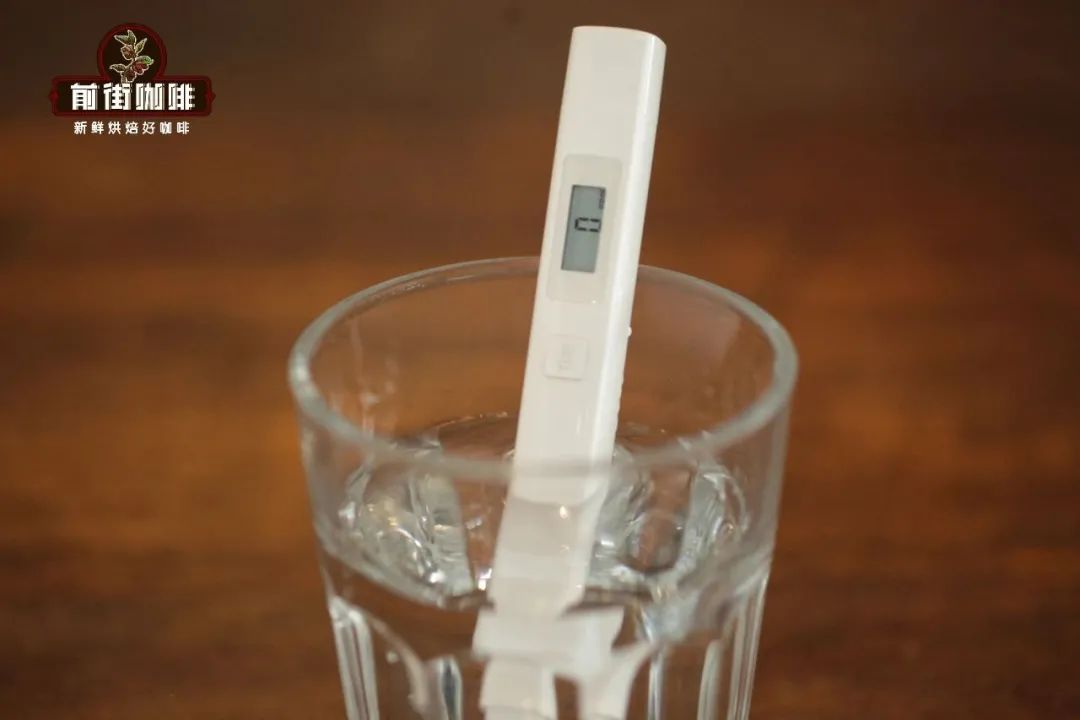
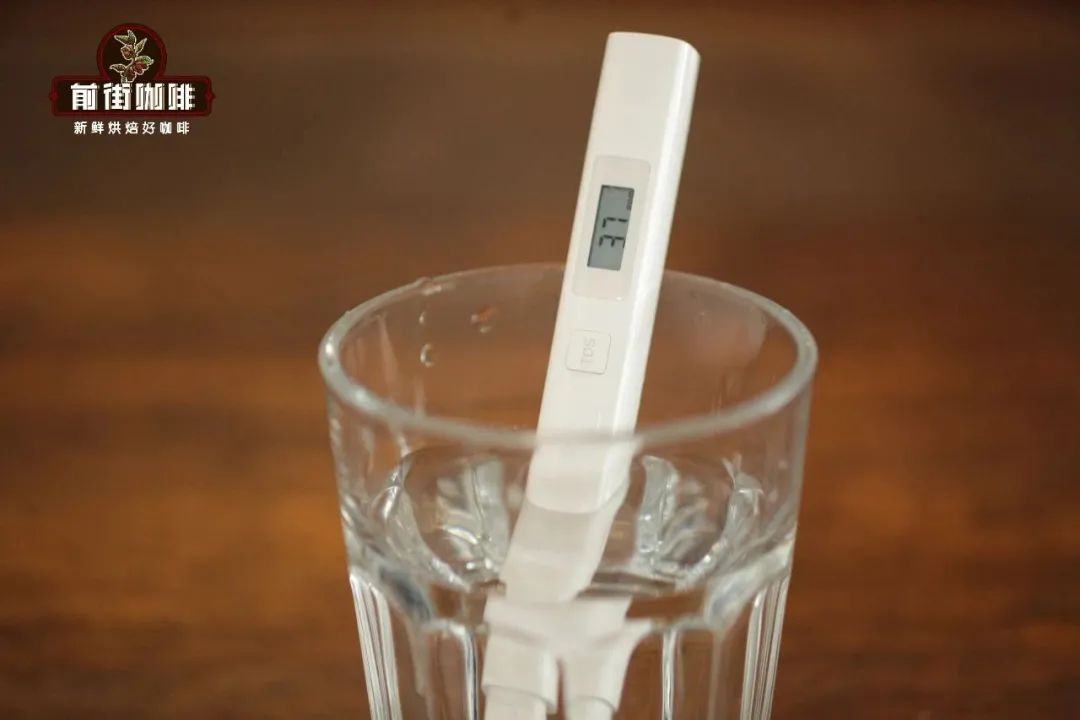
According to the experiments in the former street, there is a characteristic of pure water brewing coffee. Taking 2 minutes as the limit, coffee with less than 2 minutes of extraction time will show a sense of water, empty and sour, just like coffee water when compared with farmers' springs at the same time. After more than 2 minutes (2 minutes and 10 seconds), the coffee from the pure water will show obvious bitterness, just like the feeling of excellence, while the Nongfu Spring at the same time is not too bitter, and there will even be a return to sweet taste. On the level of aroma, pure water is completely failed. "in the coffee world, if you don't know how to choose water, then use Nongfu Spring! "this is really not an advertisement, but the guests who meet in front of the street will mention the issue of water. Of course, if you are more professional, you can make your own water. Those who pay attention to the coffee brewing competition are certainly no stranger to the blending of water. compared with now, many contestants will talk about their own water when introducing their own brewing plans, and how much ppm is, which highlights a certain flavor of coffee.

In fact, it is not difficult to prepare water by yourself. Prepare baking soda (NaHCO3), Epsom salt (MgSO4), and 3 bottles of 1L pure / distilled water. 1. Pour 1.68g baking soda into 1L of pure water An and dissolve it to get a solution close to 1000ppm, which is a configured "buffer" or "HCO3-". Put a label on it and set it aside. The buffer can block the change of pH in the solution. two。 Pour 2.45g Epsom salt into 1L of pure water B and fully dissolve it, which is a "concentrated solution" containing magnesium ions (close to 1000ppm solution). Put a label on it and set it aside. 3. The final allocation of water, here is the introduction of SCA water quality requirements range allocation, stipulating the total hardness range of 120-130ppm. So add 40ml buffer, "magnesium solution" of 80ml and deionized water of 880ml (in order to facilitate calculation, adopt the scheme that the allocation water is 1L), so that the blending water is completed. You can also change the ratio of buffer to magnesium solution to mix the hardness of the water.
Important Notice :
前街咖啡 FrontStreet Coffee has moved to new addredd:
FrontStreet Coffee Address: 315,Donghua East Road,GuangZhou
Tel:020 38364473
- Prev

What is the espresso grease Krima? The reason why the Crema oil of Italian coffee can't come out.
Espresso is not a common coffee for consumers, and most people still choose American coffee, latte and FlatWhite. However, these well-heard coffee drinks can not get around espresso. Espresso espresso
- Next

Grading of Panamanian coffee beans-an introduction to the grading system of Panamanian and Costa Rican coffee beans.
Generally speaking, the price of Panamanian coffee belongs to the low and medium price, but its performance in the cup is often as good as that of any famous or even expensive coffee producing area. The price of Panamanian specialty coffee is among the highest in the international market, after the Europeans first brought the first tin trucks to Panama in 1780.
Related
- Beginners will see the "Coffee pull flower" guide!
- What is the difference between ice blog purified milk and ordinary milk coffee?
- Why is the Philippines the largest producer of crops in Liberia?
- For coffee extraction, should the fine powder be retained?
- How does extracted espresso fill pressed powder? How much strength does it take to press the powder?
- How to make jasmine cold extract coffee? Is the jasmine + latte good?
- Will this little toy really make the coffee taste better? How does Lily Drip affect coffee extraction?
- Will the action of slapping the filter cup also affect coffee extraction?
- What's the difference between powder-to-water ratio and powder-to-liquid ratio?
- What is the Ethiopian local species? What does it have to do with Heirloom native species?

